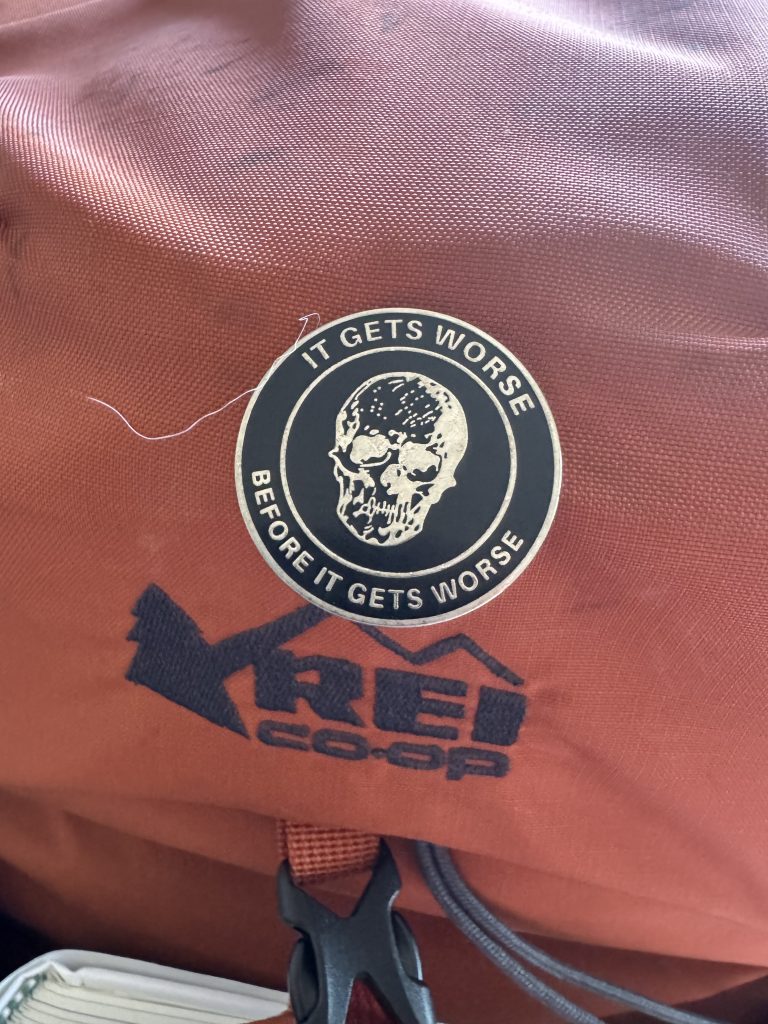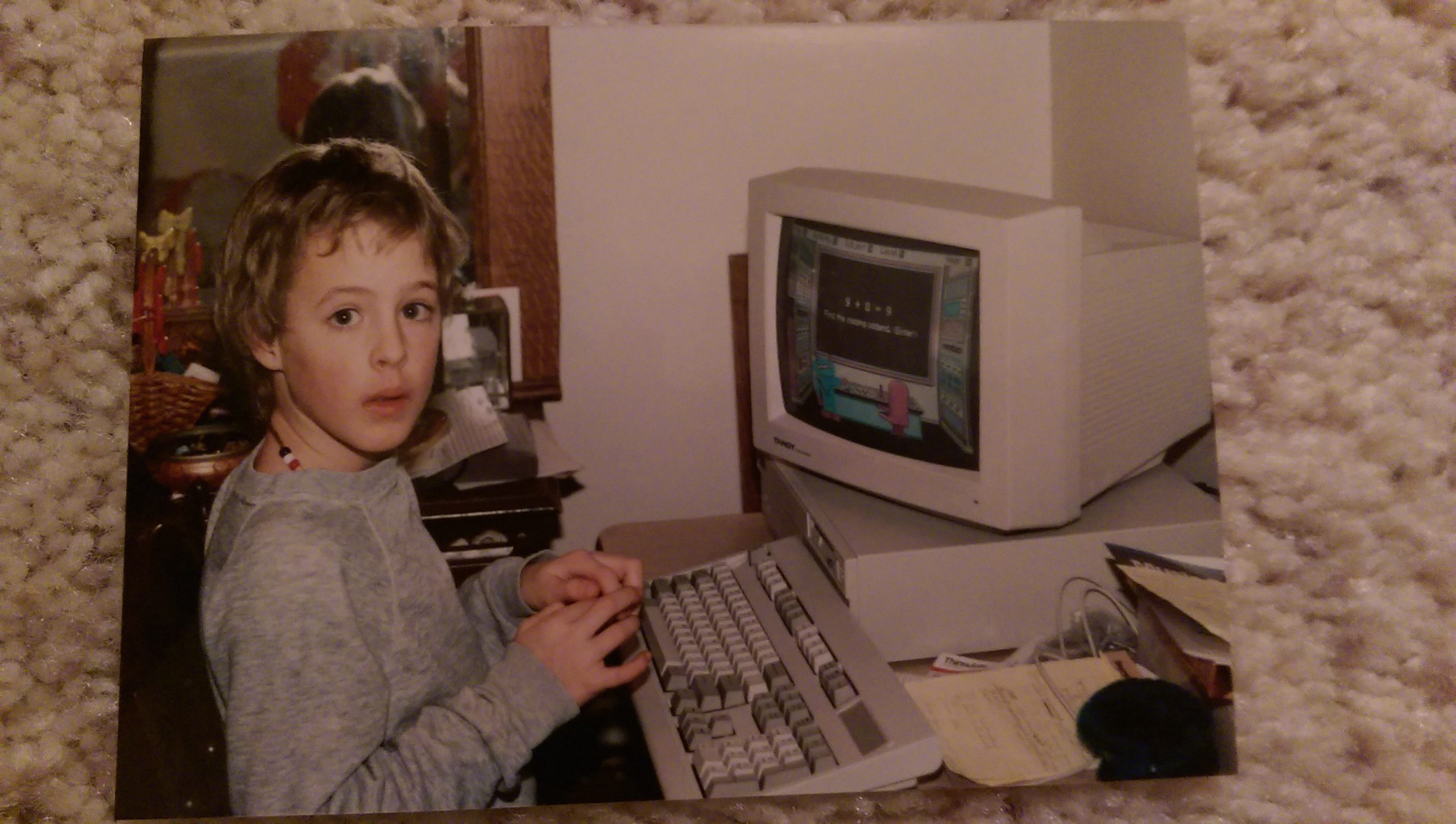The Irish Goodbye

Eventually though, it does get better. Alot better.
One month ago, I (in my normal dance party fashion) Irish-goodbyed the IT sector and my colleagues. This was following a profound realization that had been building for years. It all came to a head during a late Thursday afternoon phone call. In the span of five bizarre minutes, my integrity, ethics, and values were questioned.
I was being unfairly judged and falsely accused.
And this wasn’t the first time in my life this has happened.
The moment I hung up, I felt physically ill. Two days later, on a Sunday, I went into the office, signed in one last time, sent an immediate resignation letter, and left my badge, laptop, backpack, and tools in my cubicle. And a few moments later, I permanently walked away from a 25 year career in IT and a three-year job, that I secretly hated.
I’ve spent decades working across industries, and I’ve put up with a lot. But I’m 41 now, and I am physically and emotionally exhausted just trying to maintain my health. Continuing to tolerate conditions that undermine that effort? Being falsely accused and surveilled?
That’s for the God-damned birds. And, last time I checked, I am not a bird. I’m no where close to being free as one either.
What finally clicked that day was this: I’m now on a big and new quest for emotional sobriety. And staying in the IT sector, especially with my previous employer, was threatening to destroy the progress I’ve made. It was endangering my sobriety and my mental health.
It no longer mattered that the job paid well, had great benefits, incredible customers, a cool mission, and cutting-edge tech. What mattered was the steady decline of my emotional and physical health. My tires were getting bald, and I needed to hit the brakes and take the next exit before they shredded completely.
The Next Chapter: Becoming Emotionally Sober
That exit was a practice of emotional sobriety. Emotional sobriety is the ability to manage emotions in a balanced, healthy way, especially under stress. It means staying grounded, self-aware, and resilient, no matter what life throws at you, without relying on substances, unhealthy coping mechanisms, or emotional extremes.
Many see emotional sobriety as the next step after physical sobriety, a deeper focus on emotional maturity, inner peace, and personal growth. I am working hard on both. Currently struggling with cannabis sobriety but taking steps to quit.
I don’t know what kind of tires this old station wagon will have next, or which road it’ll travel down, but I know one thing: it won’t be the same path.
Not just with my career, but with everything in my life. This is just the start of me taking back my life, taking back my freedom, ending patterns, cutting people loose, and making changes I have really needed to.
I can already feel that the next several months left of this year are going to be very transformative and drastically different than the last 41 years of my life.
I can already sense its not going to be easy, and its going to involve a lot of loss and grief. It’s going to turn my life upside down and inside out. A part of me is going to die.
I’m ready.
I’m prepared.

By next year, I probably won’t even recognize who I used to be. Things are never going to be the same. This job ending is going to be the start of an avalanche of personal recovery and eliminating things that are unhealthy for me.
In the last month, I’ve started exploring higher education in substance abuse counseling. I’m considering a local program that could start next spring, and also submitted an application to a nine-month community leadership cohort.
In the meantime, I’ve spent over ten hours connecting with fellow veterans at Growing Veterans in the last two months. I’ve shown up to weekly meetings full of strangers and met dozens of people actively changing their lives, and the lives of others in the veteran community. This community was something I abandoned when I left the Air Force almost 20 years ago. It’s good to be back with them!
Leaving the IT industry and beginning this transformation of my life, wasn’t an impulsive decision. It was an act of radical self-love. My internal family system recognized my personal leadership, and the response has been a chorus of support, curiosity, hope, and excitement.
Emotional sobriety doesn’t mean I’ve “arrived.” It doesn’t mean my chronic physical and mental health challenges are gone. It doesn’t erase responsibility or hardship. It is a lifelong journey, with no ultimate destination, except for freedom, truth, integrity, happiness, and joy.
I’m learning to steer with awareness.
To listen under the hood.
And like any well-loved 41-year-old car, I still need care, occasional repairs, and a bit of modernization.
The paint may be dull.
There are some dings and dents.
But she always starts.
And she never quits.

